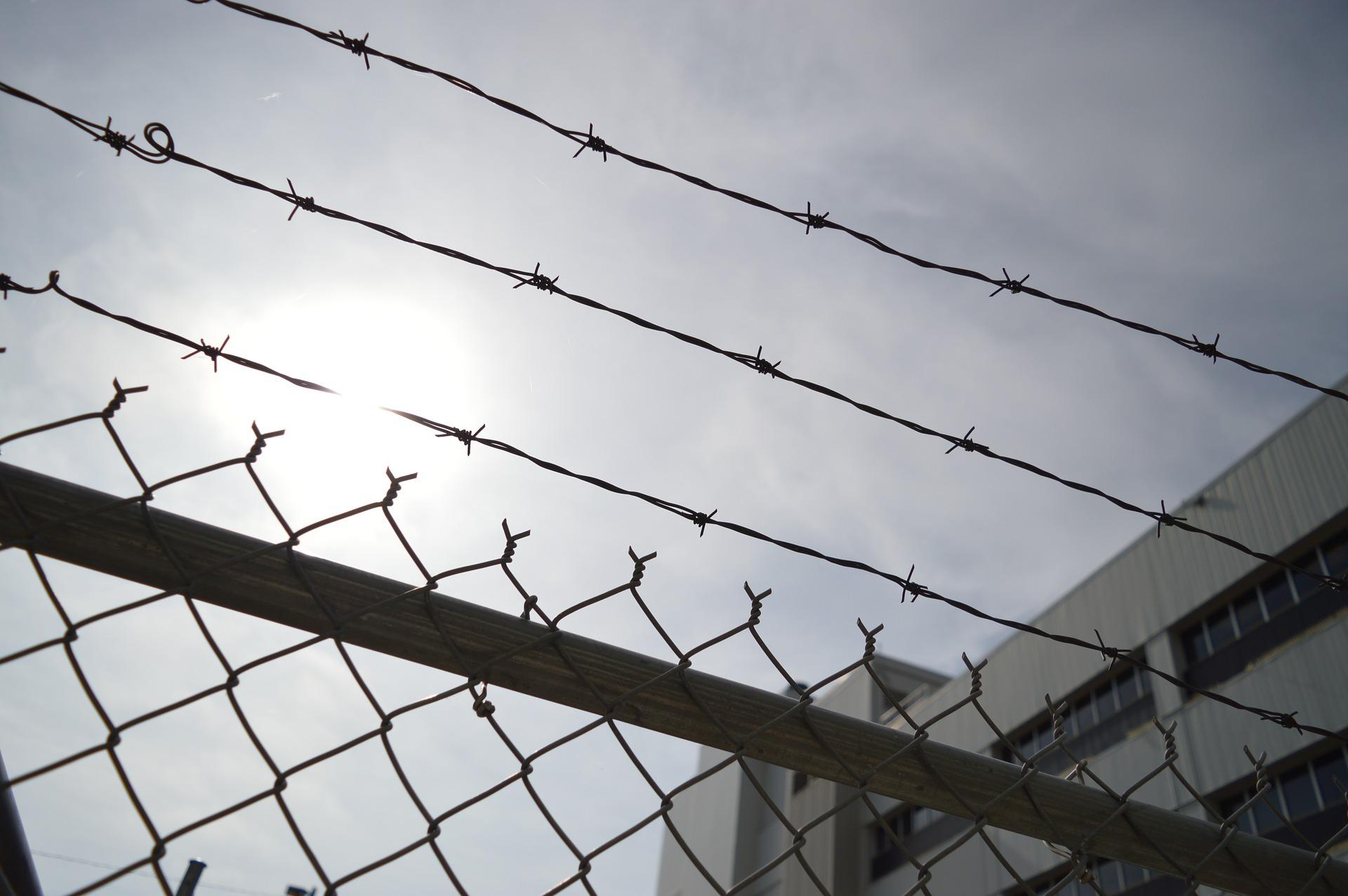
By nearly all metrics, Indigenous people consistently rank as the worst-off group in Canada. Incarceration rates are no different. While incarceration rates as a whole have dropped off steadily through the past few decades, more Indigenous people are being imprisoned now than ever before.
The disparities in incarceration rates between Indigenous people and the rest of the population are staggering. While the number of non-Indigenous inmates has dropped by 28 per cent over the past 10 years, the Indigenous prison population has increased by 18 per cent. Although Indigenous people make up less than five per cent of the Canadian population, they make up 32 per cent of the federal prison population. This is up from 28 per cent just last year, and 12 per cent in 1997. Nearly half of inmates held in isolation are Indigenous. The figures are especially appalling for Indigenous women, who make up almost 50 per cent of all incarcerated women in the country.
Systemic racism in the criminal justice system is simply a known fact. A recent report from Canada’s Auditor-General found that Indigenous inmates are more frequently placed in higher security institutions than their non-Indigenous peers, and that they are less often granted parole after they’ve become eligible. Corrections Service of Canada (CSC) Commissioner Anne Kelly has conceded this to be true.
Likewise, the Globe and Mail ran an investigation in 2020 which evaluated the CSC’s custody rating scale, a tool used by the federal government to determine the risk level of inmates. This criteria helps determine almost every aspect of an inmate’s jail sentence, from what prison they’ll be assigned to, what programs they’ll be offered, and when they might receive parole. Mincing no words, the Globe and Mail found that, controlling for multiple variables, Indigenous and Black inmates are given worse scores “based solely on their race.”
Mandatory minimum sentencing is also known to disproportionately criminalize Indigenous people. The Stephen Harper Conservative government instituted mandatory minimum sentences for a number of crimes between 2007 to 2012. Many of these mandatory minimums are for simple drug possession. Indigenous communities have higher rates of drug use than the rest of the country, which is directly linked to trauma brought on by historical injustices like residential schools, the Sixties Scoop, and the intolerable conditions that continue to exist for most Indigenous people today. Because of this, Indigenous people are more often arrested for drug possession, and mandatory sentencing means that they’re denied rehabilitative programs. Simple drug possession should not be a crime. It is shameful that anyone struggling with drug addiction could be treated like a criminal and thrown into prison.
The Justin Trudeau government has sworn to address this issue, but that’s a questionable promise at best. The federal Liberal party has been swearing to solve this for years. In 1996, Liberal Prime Minister Jean Chrétien pledged to end the overrepresentation of Indigenous people in the justice system. In 1999, the Supreme Court declared it a crisis. In 2004, the federal ombudsman advised the Liberal Paul Martin government to appoint a commissioner to solve this issue. Yet despite this, absolutely nothing has been done to stop (or even slow down!) the mass incarceration of Indigenous people. Considering the Trudeau government’s poor track record on Indigenous issues, it is more than unlikely that this administration will be any different.
Ultimately, this is a problem that runs much deeper than which government happens to be in power at the time. Anti-Indigenous racism is baked into the pores of Canadian capitalism. The Canadian state has always oppressed Indigenous people and forced them into horrific conditions. The mass imprisonment of Indigenous people is just another example of that. For as long as capitalism is allowed to remain standing, there will be no justice for Indigenous communities.

